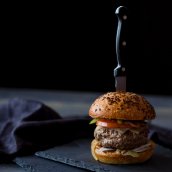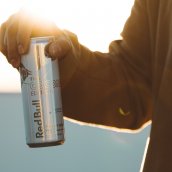
News & opinion
Clinical trials and the requirement of trademark use
Commercial success for pharmaceutical companies is highly dependent on the acquisition and enforcement of IP rights. While speed to filing is important in most instances, registering a trademark too early could have a negative impact on validity, as Casper Hemelrijk explains.








